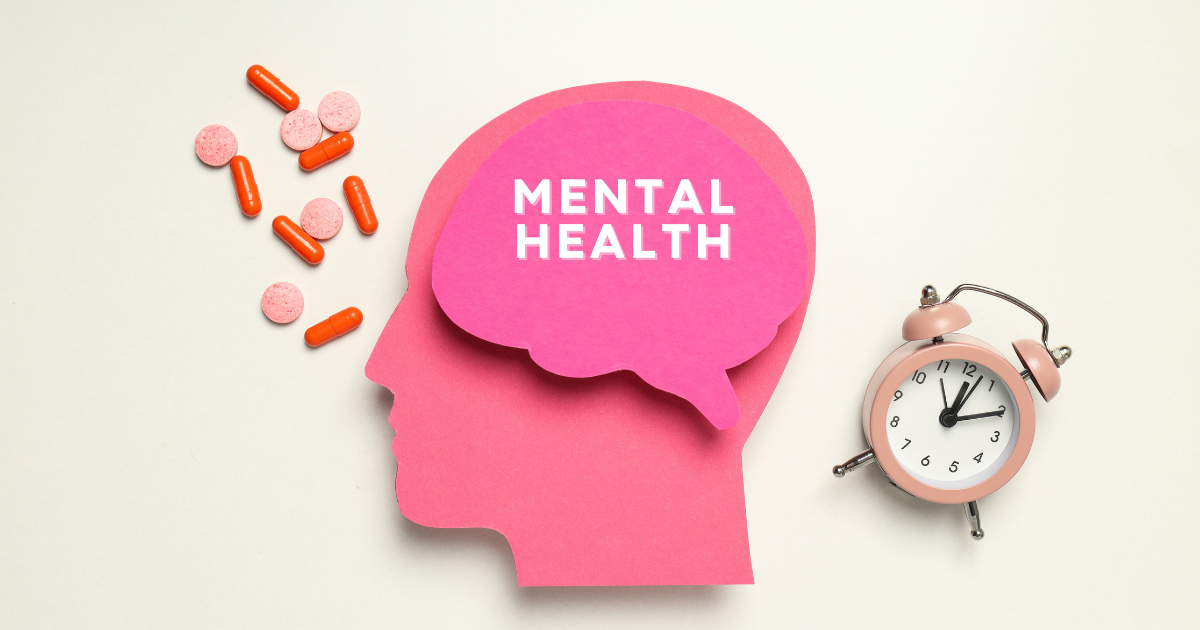Parkinson’s disease is known primarily for its physical symptoms such as tremors, stiffness, and slowness of movement. However, what often goes unnoticed is its profound effect on mental health. The emotional and psychological toll of Parkinson’s can be just as impactful as the physical symptoms. Understanding the connection between Parkinson’s and mental health is essential for patients, caregivers, and healthcare professionals.
How Parkinson’s Affects Mental Health
Parkinson’s and mental health are deeply interconnected due to the disease’s impact on the brain’s chemistry and structure.
Key mental health challenges associated with Parkinson’s include:
- Depression: A common early symptom, not just a reaction to diagnosis but a result of changes in brain chemicals.
- Anxiety: Ranges from generalized worry to panic attacks, often worsened by uncertainty around symptoms.
- Apathy: A lack of motivation that is distinct from depression and often harder to treat.
- Cognitive Changes: Difficulties with memory, decision-making, and multitasking can increase over time.
- Psychosis: Hallucinations or delusions, particularly in later stages or as a side effect of certain medications.
These symptoms can lead to social withdrawal, decreased quality of life, and increased caregiver burden.
For a broader view on non-motor symptoms, refer to our guide on early signs of Parkinson’s disease.
Why Mental Health Issues Arise in Parkinson’s
Mental health conditions in Parkinson’s are not just emotional reactions. They are often caused by:
- Neurochemical changes: Loss of dopamine and other neurotransmitters affects mood and thought regulation.
- Medication effects: Some Parkinson’s drugs can lead to hallucinations or mood swings.
- Disease burden: Coping with a chronic condition naturally contributes to psychological stress.
- Sleep disorders: Interrupted sleep can worsen depression and anxiety.
- Social isolation: Motor limitations may lead to reduced social interaction and emotional support.
Identifying the root cause helps in choosing the right support strategies.
Recognizing Signs of Mental Health Decline
Early intervention begins with recognizing mental health concerns.
Watch for:
- Persistent sadness or lack of interest in activities
- Excessive worry, panic, or irritability
- Difficulty concentrating or making decisions
- Changes in appetite or sleep patterns
- Feelings of hopelessness or worthlessness
- Visual or auditory hallucinations
Caregivers often notice subtle behavioral changes before patients recognize them. Open communication can lead to timely help.
Coping Strategies for Mental Health in Parkinson’s
Managing mental health in Parkinson’s requires a holistic approach that includes emotional, physical, and social aspects.
Effective coping strategies:
- Therapy: Cognitive Behavioral Therapy (CBT) has proven benefits for depression and anxiety.
- Medication: Antidepressants or antipsychotics may be prescribed, considering their interaction with Parkinson’s drugs.
- Exercise: Regular physical activity boosts mood and reduces anxiety.
- Mindfulness and relaxation: Meditation, yoga, or deep breathing techniques help in emotional regulation.
- Routine: Keeping a structured daily routine adds predictability and reduces anxiety.
Refer to our article on Exercise for Parkinson’s Patients for guidance on physical activity.
Role of Caregivers and Family Support
Support from loved ones significantly improves mental well-being in Parkinson’s patients.
Ways caregivers can help:
- Encourage open discussions about emotional health
- Attend medical appointments to share observations with doctors
- Monitor side effects of medications
- Provide companionship and reduce feelings of isolation
- Educate themselves about the disease to offer better support
Support groups can be beneficial for both caregivers and patients, fostering a shared understanding and reducing burnout.
When to Seek Professional Help
Not all emotional difficulties require medication, but certain signs call for expert intervention.
Seek help if:
- Symptoms of depression or anxiety persist for more than two weeks
- Hallucinations or paranoia interfere with daily life
- Sleep issues lead to extreme fatigue or confusion
- There are changes in personality or behavior
- Suicidal thoughts or expressions occur
A neurologist, psychiatrist, or clinical psychologist with Parkinson’s experience is best equipped to evaluate and treat mental health symptoms.
Building a Mental Health Care Plan
A personalized mental health care plan includes:
- Regular mental health screenings at neurology check-ups
- Clear documentation of symptoms, triggers, and medication responses
- Coordination between neurologists and mental health professionals
- Community resources like support groups or day care programs
- Emergency contacts and a plan for crisis situations
Tailoring the plan to the individual ensures better adherence and outcomes.
Government and NGO Resources
Several government-supported and nonprofit organizations offer mental health services for Parkinson’s patients:
- National Mental Health Program (NMHP) – India’s public health initiative for mental healthcare
- NIMHANS – Provides resources and training related to neurological and psychological care
- Parkinson’s Disease & Movement Disorder Society (PDMDS) – Offers community-based therapy and education.
These resources play an essential role in bridging the mental healthcare gap.
Conclusion
Parkinson’s and mental health are closely connected, and recognizing this link is critical to comprehensive care. While physical symptoms often take center stage, addressing emotional and cognitive aspects can dramatically improve a patient’s quality of life. From early recognition to building a care plan and accessing professional support, managing mental health in Parkinson’s requires awareness, collaboration, and compassion. Patients and caregivers should not hesitate to speak up and seek help, mental health care is not optional, it is essential.





